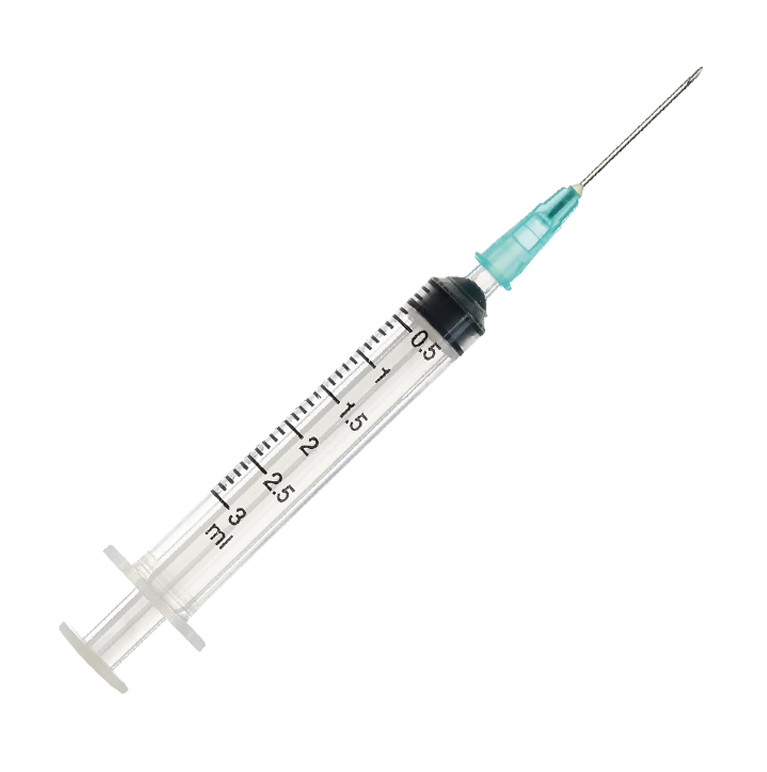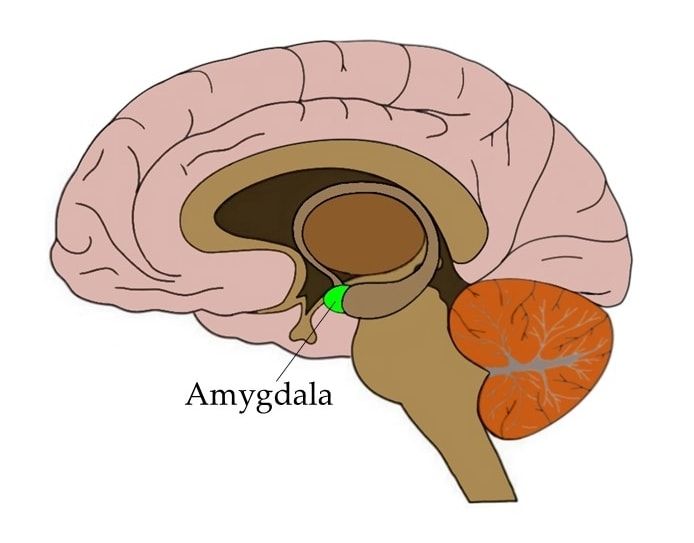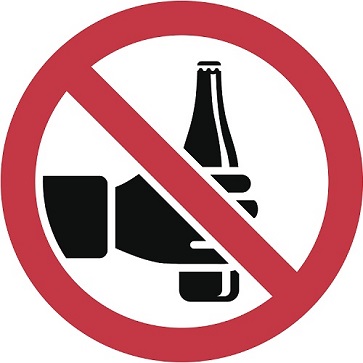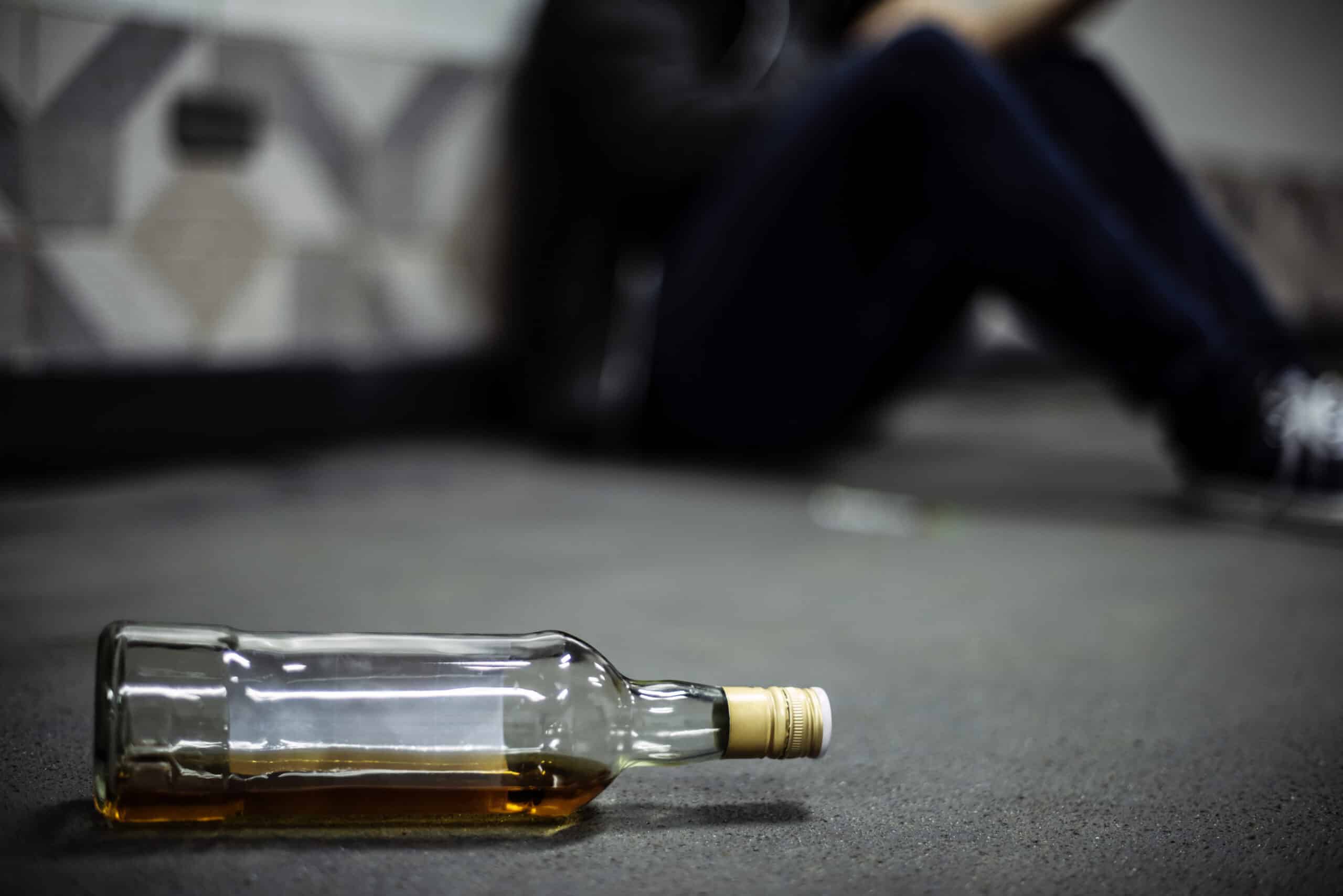At roughly what age does the brain fully develop?
Mid 20's
Inhaling, Ingesting, and __________ are ways to consume drugs.
Injecting

True or False: You can become addicted to a substance after one use
True
What is the most frequently used drug among teens?
Alcohol

How can you tell if information is reliable?
Build critical thinking skills
Healthy dose of skepticism
Analyze your own experience and engage in discussion with other people about theirs
ASK YOUR DOCTOR
(ask Janzen! Or an expert in that field)
Conduct your own research
The Amygdala is responsible for A) emotional regulation or B) logical reasoning and forethought

A- emotional regulation

Which form of drug consumption is the slowest way for drugs to get to your brain?
Orally/ Injesting

What is the most effective harm reduction strategy when it comes to substances?
Abstinence

Match the ounces according to how much liquid is in each standard drink:
Liquor, beer, wine, hard seltszer- 1.5oz, 5oz, 10oz, 12oz
liquor- 1.5oz
beer- 12 oz.
wine- 5 oz.
hard seltzer 10 oz.
The “Big 8” Social Identifiers include religion and sexual orientation. Name 2 more:
Race, ethnicity, gender, ability, nationality, socioeconomic status
What is the last part of the brain to develop?
Prefrontal cortex
Alcohol is A) a stimulant B) a depressant c) a psychedelic
B) a depressant

When someone's physical response to a drug begins to diminish and the substance becomes less effective with use, that person has built up ____________ to the substance.
Tolerance
In terms of pure alcohol, how much alcohol is in a standard drink?
A) 0.3 ounces
B) 0.6 ounces
C) 1.0 ounces
D) 1.5 ounces
B) 0.6 ounces
Housing, public safety, and transportation are examples of social determinants of health. Name 3 more.
Income and wealth
Employment
Physical environment
Social environment
Education
Health Systems and Services
Drugs effect how our brain communicates. What is the term for the parts of the brain which communicate with each other by sending chemical signals across synapses?
Neurotransmitters
Stimulants are one class of drug. List 3 other classes of drugs.
Opioids, Depressants, Cannabinoids, Psychedelics

Consider this scenario: "Sarah missed her morning coffee today. Now she has a headache."
Where would this fall on the drug use spectrum?

Physical Dependency

"Roofies" are a common drug used to spike drinks. List 3 harm reduction strategies to protect yourself from having your drink spiked.

Don’t accept drinks from strangers or leave drinks unattended
Don’t share drinks or drink from a communal punch bowl that someone else has prepared
Don’t drink something you did not open, or see opened or poured
When holding your drink, hold it from the top so it covers the opening. If anyone wants to slip something in it, it’ll make it much harder to do so without you noticing.
If you’re unsure about your drink or if you think it tastes strange, stop drinking it.
If you’re going to use illegal substances, buy a tester kit and don’t accept free drugs at a party
Always have a friend join you at parties. There is safety in numbers.
Let someone know you’re supposed to be home at a certain time and where it is you plan on going that night.
_____________ is a collection of beliefs or practices mistakenly regarded as being based on scientific method
Pseudoscience
Risk-taking behavior, brain development, and hormonal changes are all part of the process for developing adolescent brains. Name one more outcome or impact that a developing brain has on a teen's experience:
Sleep, social influence, learning & memory, emotional regulation, identity formation, cognitive abilites, mental health vulnerability
Nicotine, cocaine, meth, and adderall are all examples of which drug class?
Stimulants

Harm reduction strategies include: dose and dosage, drug knowledge, and checking the substance. List two more strategies to reduce harm.
Abstinence, start low and slow, know drug policy, set and setting, moderation, don't mix substances, know how to react in an emergency
What is the name of the molecule which is commonly known as alcohol?
Ethanol

30% of a person's health outcomes are related to their personal health behaviors. The other 70% can be attributed to______________.
Social Determinants of Health